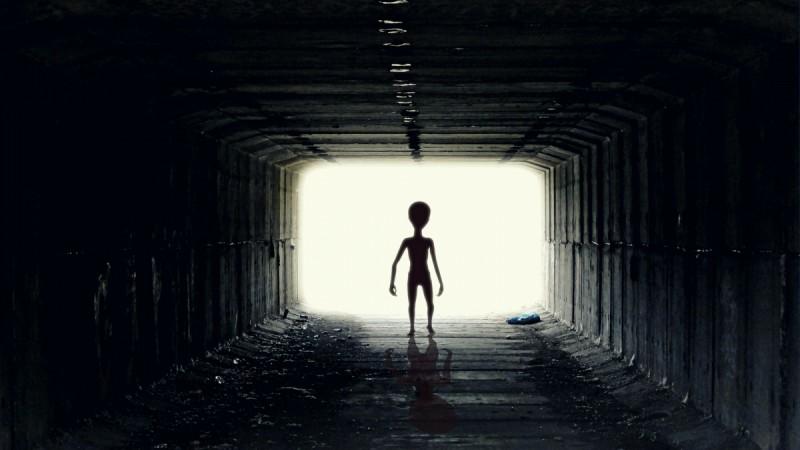
Alien life is still a mystery to humans, and there's hardly any evidence of it. Though reports of UFO sightings are common, they're often found to be hoaxes or the work of conspiracy theorists. However, the search for extraterrestrial intelligence is a legitimate scientific field.
There are scientists, who believe in the existence of other intelligent beings in the universe and partially blame the technology created by humans and the amount of noise we create for not being able to find out the truth of alien life.
It sounds like a major irony as humans are spending hundreds of millions of dollars to find life on other planets, using super-powerful telescopes to look deeper into the universe but possibly their communication signals are not reaching us because of our own technology produced noises on Earth.
There is a large assumption that if aliens are out there in the universe and are trying to communicate, they might use the same type of technology that we use on Earth to communicate with each other which includes radio signals and flashes of light.
While the scientists are becoming more and more confident about their existence in the universe and are eagerly waiting to listen to those signals using advanced technology, the technology-produced noise on Earth is increasing more than before. They are reducing our chances to detect potential alien transmissions.
In fact, SETI - Search for Extraterrestrial Intelligence scientists say that we are making so much noise that even if aliens tried to phone our home, we might not receive the message, Newsweek reported
The cellphones, Wi-Fi, and GPS we use, all rely on radio waves and those waves occupy the same channels that the scientists use to detect potential alien transmissions. Since our devices are close to the telescopes our signals are much stronger.
"If E.T. is broadcasting in the cell phone band...we'll never find him," said Dan Werthimer, an astronomer at University of California, Berkeley. In fact, every time we text an emoji, we are potentially making the SETI research more difficult."

















